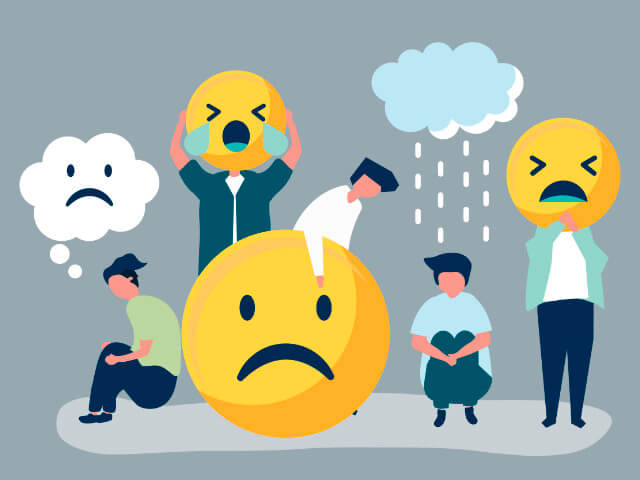How can people, our age, act on climate change?
This is an excellent question, and one of the questions most students want an answer to. You can be someone who takes climate action!
Each of us can act individually (on our own) and collectively (together with others) to act on climate. We know, from scientific evidence, that climate change cannot be stopped and is happening already – but it can be reduced and slowed down. People today and into the future (including you) can make changes and decisions that will greatly reduce climate change and its impacts.
Some of these decisions are happening on a systemic scale - they the really big changes we need to reduce emissions from industries and electricity generation.
For example, world leaders are meeting together at COP26 (which is the UN Climate Change Conference of the Parties) to discuss pathways to do this – in particular, to ensure that global temperature rises do not exceed 1.5 degrees, and how we can adapt to climate change impacts into the future. If we can manage to greatly reduce global greenhouse gas emissions (such as carbon dioxide) we can limit climate change.
You might wonder how young people can influence big changes like this? By using your voices! Young people are involved in many groups and movements such as the School Strikes for Climate that have already made a difference to the way world leaders think about climate action.

At a smaller scale, all of us can do something to make positive changes and have an impact on tackling climate change. Some people can do more and less than others, and that is OK - it’s great actually because lots of small changes can lead to big impact. In everyday life, there’s lot that you might be able to do, for example:
- You can aim to take the bus or walk, or ride your bike to school more.
- You could eat more vegetables, and eat meat less often (maybe even encourage your family and friends to have ‘meat free Mondays’?!). Plant-based foods generally produce fewer greenhouse gas emissions and they also require less energy, land, and water usage.
- You can speak up! Tell your friends and family about climate change and the small changes each of us can do to make a difference - remembering that we all have different abilities to make these changes, big and small.
There are a lot more ideas you can check out on our 'What can I do?' page.











